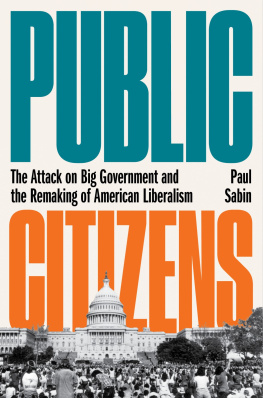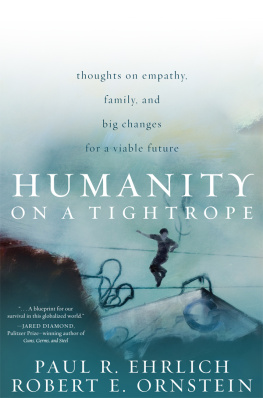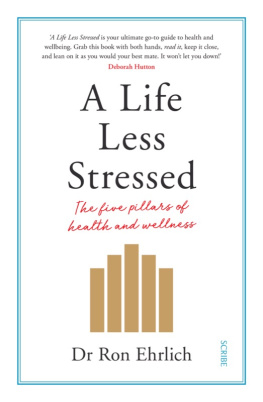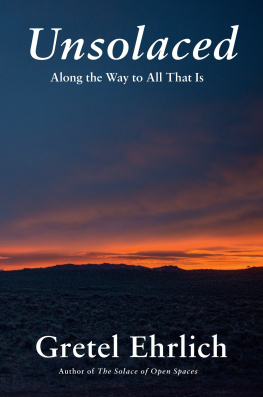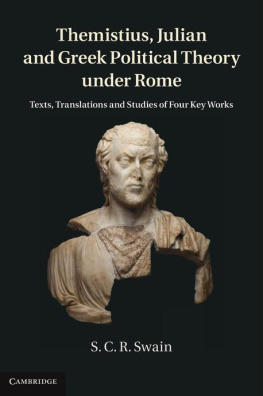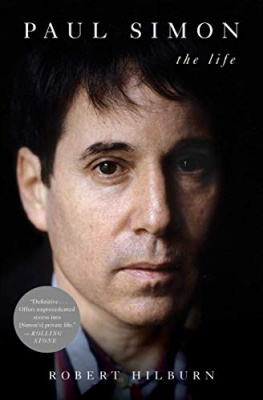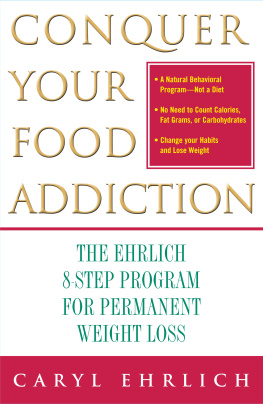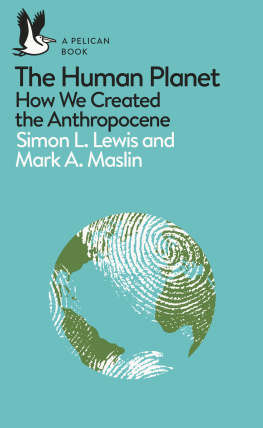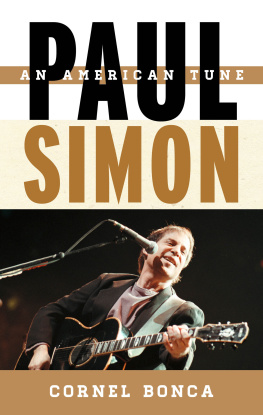The Bet
The Bet
Paul Ehrlich, Julian Simon, and Our Gamble over Earths Future
PAUL SABIN

Published with assistance from the Frederick W. Hilles Publication Fund and from the foundation established in memory of Amasa Stone Mather of the Class of 1907, Yale College.
Copyright 2013 by Paul Sabin.
All rights reserved.
This book may not be reproduced, in whole or in part, including illustrations, in any form (beyond that copying permitted by Sections 107 and 108 of the US Copyright Law and except by reviewers for the public press), without written permission from the publishers.
Yale University Press books may be purchased in quantity for educational, business, or promotional use. For information, please e-mail sales.press@yale.edu (US office) or sales@yaleup.co.uk (UK office).
Designed by James J. Johnson.
Set in Scala and Meta types by Integrated Publishing Solutions. Printed in the United States of America.
ISBN 978-0-300-17648-3
A catalogue record for this book is available from the Library of Congress and the British Library.
This paper meets the requirements of ANSI/NISO Z39.481992 (Permanence of Paper).
10 9 8 7 6 5 4 3 2 1
For my parents
Contents
Preface
On a typical winter weekend morning, our house was freezing. It was the late 1970s, and my parents had set the thermostat to the low sixties. My older brother took the Boston Globe sports section and settled onto the hot air vent by the kitchen refrigerator. I staked out the dining room vent to read my favorite comics, wearing a wool hat.
In a way, this book has its origins in those cold childhood mornings. In the pages that follow, I tackle a huge issue: the future of humankind on the planet. At the same time, my book also attempts to answer a lingering, and more personal, question: Why exactly was our house so cold?
I was born in March 1970, a month before the first Earth Day. The environmental sentiments of the 1970s influenced my family deeply: the push to conserve everything from cans to heat, the insistence on the evil of waste. I remember hand-me-down clothes, haircuts at home, reused paper napkins, and no television. The thermostat sent a clear message. In a world of scarce resources, we needed to consume less. The little choices of daily life reflected much larger ethical decisions about the right way to live.
I held fast to that ethic in my teens, through college, and into my professional career. I wrote a regular column for the high school paper criticizing materialism and worrying about the ozone layer. I studied history and environmental studies in college. I even met my future wife on a campus recycling truck. Later, when I was in graduate school in American history in the late 1990s, I took a break from the archives to start a nonprofit, called the Environmental Leadership Program, that brought together fellow scholars interested in environmental concerns, along with peers working in advocacy organizations, businesses, and government agencies.
By this point, my thinking had evolved. I knew what I was againstlocating a hazardous power plant in a poor neighborhood, for example, or slashing the Environmental Protection Agencys enforcement budgetbut it was far harder to articulate what I was for. How would a green economy actually work? How should we manage tradeoffs among economic growth, environmental protection, and social equity? The idea for the Environmental Leadership Program was to challenge one another with questions like thesethere would be no party line. Through the rough-and-tumble of argument, I hoped, we would find compelling ways to balance competing societal goals.
When I joined the history faculty at Yale University in 2008, I wanted to keep thinking about these issues, particularly our societys inability to agree on what to do about climate change and other key problems. Writing about the rise of the environmental movement since the 1960s, and the backlash and debates it engendered, offered me a way to examine the striking divide that has emerged between liberals and conservatives on environmental questions.
Republicans and Democrats passed landmark environmental laws together in the early 1970s, but in the ensuing decades, the parties have increasingly diverged. What were the roots of this partisan divide? Scholars often explain the change by pointing to the political parties shift to more ideologically coherent and regionally defined blocs that used the environment as a wedge issue. In this interpretation, Republicans abandoned the environment to Democrats. An alternate explanation emphasizes an economic backlash, with business groupsrightly or wrongly depending on political perspectivefighting expensive regulation and pushing politicians to oppose new rules. Last, many point to the creation of conservative think tanks and institutes starting in the mid-1970s, which organized a strategic media assault on environmental regulatory proposals favored by liberal advocates.
These explanations all have considerable historical evidence to support them. Yet they also do not take seriously the genuine clash between different viewpoints that occurred. Resistance to environmental legislation represented more than simply political and economic interest. Extreme claims by environmentalists, I argue, helped spark the backlash against the environmental movement in the United States and helped generate support for equally extreme positions taken by conservative opponents. Put another way, the political gulf that we see today on environmental issues has been mutually created. Only by tending to the substantive intellectual and historical elements of this dividenot just the political and economic dimensionscan we reduce the partisan conflict surrounding environmental policies and find a more pragmatic path forward.
The rancorous clash between the biologist Paul Ehrlich and the economist Julian Simon offers a window into this gaping political divide. Concretely, their bet was about the prices of five metals. But their wager stands for much, much moreour collective gamble on the future of humanity and the planet. The bet raises hard questions about the widely held assumption among environmentalists that we are headed inexorably for a world of scarcity and likely catastrophe. It also tests conservatives faith that free markets and technological innovation will yield continued prosperity. By better understanding both sides of this storyby really listening to the arguments they makeI hope to encourage a different conversation, in the present, about the future.
In these partisan times, one sends a book about politics into the world with trepidation. Let me be clear: I believe that we define ourselves in part through our stewardship of the planet. At the same time, there is more than one way to live on our Earth. Where I once saw resource conservation as the only possible answer to scarcity and the limits of nature, now I understand it as a far-less-certain effort to apply ethical values in a world of constantly shifting parameters and possibilities. I still keep my thermostat set low. After studying the debates between Paul Ehrlich and Julian Simon, however, moral certainties seem more elusive.
In the journey from the heating vent in my familys house to this book, I have incurred extensive debts. The Ehrlich and Simon families have been unfailingly generous with their time and stories. I thank Paul and Anne Ehrlich, Lisa Daniel, and Sally Kellock, as well as Rita James Simon, Daniel Simon, David Simon, and Judith Simon Garrett, for meeting with me or speaking on the telephone. Naomi Kleitman, Paul and Anne Ehrlich, and Sally Kellock generously provided family photos for the book. I also am grateful for the opportunity to interview Lincoln Caplan, Aristides Demetrios, John Harte, Donald Kennedy, Charles Michener, William Nordhaus, Stephen Schneider, John Tierney, and Daniel Weinberg.
Next page

